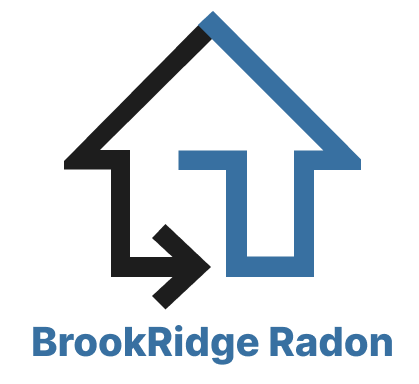Frequently Asked Questions
What is radon?
Radon is a colorless, odorless, radioactive gas that occurs naturally as a result of the decay of uranium in soil, rock, and water. It can seep into homes and buildings through cracks and openings in the foundation. Long-term exposure to high levels of radon is a significant health risk and is the second leading cause of lung cancer after smoking. Radon mitigation systems are used to reduce radon levels in indoor environments to safe levels.
Why is radon dangerous?
Radon is a leading cause of lung cancer, second only to smoking. Prolonged exposure to high levels of radon can increase the risk of developing lung cancer, especially for smokers and those with prolonged exposure.
How does radon enter homes?
Radon can seep into homes through cracks in the foundation, gaps in walls or floors, and openings around pipes or cables. It can also enter through well water in some cases.
How can I test my home for radon?
Radon testing kits are available for purchase at hardware stores or through radon service providers. These kits typically include instructions on how to collect air samples from your home and send them to a laboratory for analysis.
When should I test my home for radon?
It is recommended to test your home for radon at least once every two years, or if any significant structural changes or renovations have been made to your home.
What levels of radon are considered safe?
The U.S. Environmental Protection Agency (EPA) recommends taking action to reduce radon levels if the test results show levels at or above 4 picocuries per liter (pCi/L). Lowering radon levels further is also beneficial.
How can I reduce radon levels in my home?
Radon mitigation techniques can include sealing cracks and openings, improving ventilation, and installing radon mitigation systems such as sub-slab depressurization or ventilation systems.
Can I mitigate radon myself, or should I hire a professional?
While some radon mitigation techniques can be done by homeowners, it is generally recommended to hire a professional radon service provider who has the expertise and knowledge to ensure effective mitigation.
How long does radon testing and mitigation take?
Radon testing typically requires a few days to a week to collect the samples and send them to a laboratory for analysis. Radon mitigation can take a day or more, depending on the complexity of the system installation.
Are radon services covered by insurance?
In some cases, radon services may be covered by homeowner’s insurance, but it varies depending on the policy and provider. It is advisable to check with your insurance company to determine if radon services are covered.
How long does the system take to build?
Installing a radon mitigation system typically takes 3 to 6 hours. The process includes an initial assessment, drilling and preparation, vent pipe and fan installation, and sealing any foundation cracks. Most installations are completed within a day.
